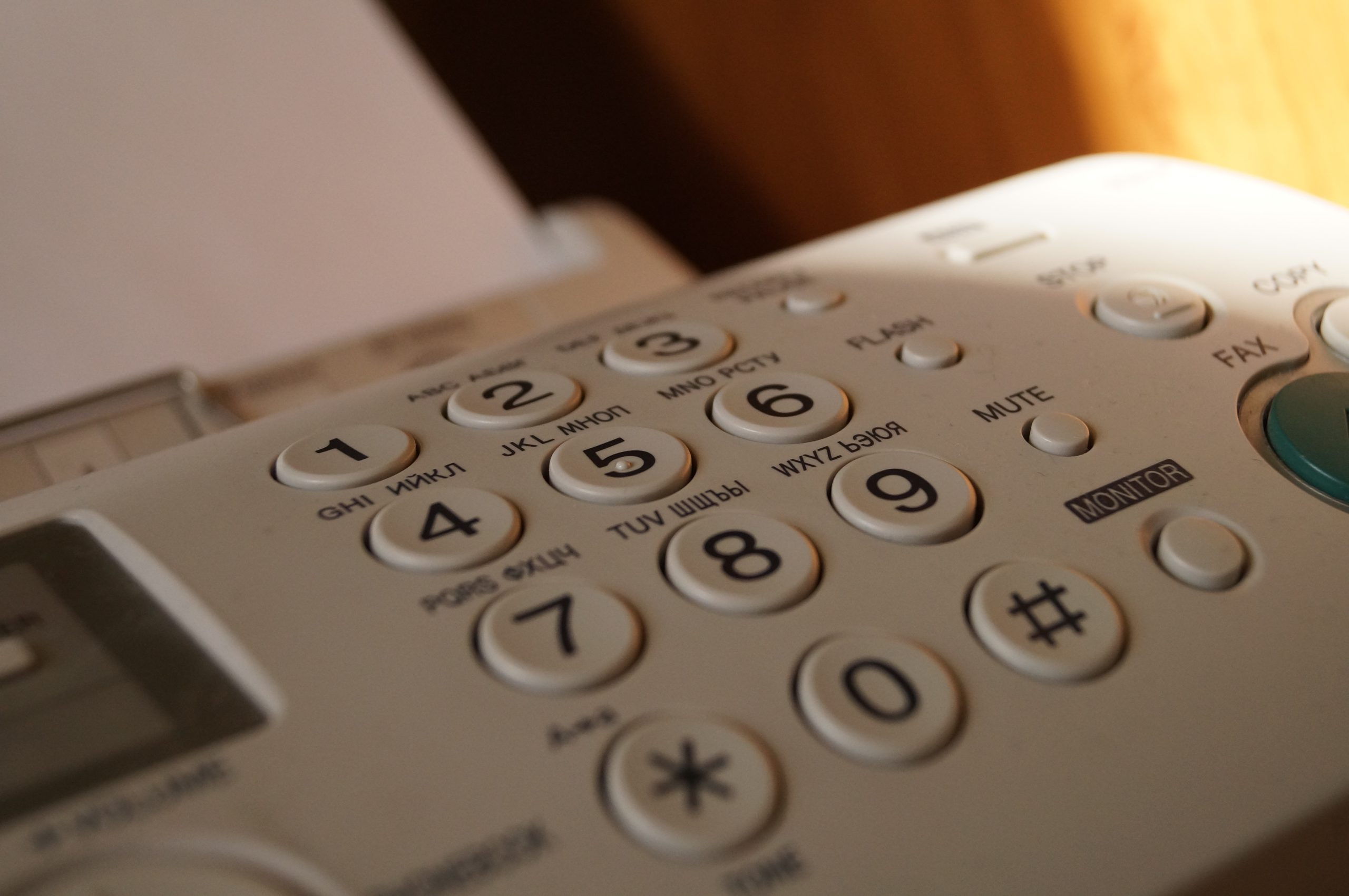 After a workplace accident, an employee may be flustered, but it is essential that the employee promptly becomes knowledgeable about court requirements and deadlines. If a claim is not filed within an allocated timeline, the claimant may be barred from bringing the claim forward. The following case out of Jefferson Parish shows why, if you’re fax filing a lawsuit, you must follow the rules precisely.
After a workplace accident, an employee may be flustered, but it is essential that the employee promptly becomes knowledgeable about court requirements and deadlines. If a claim is not filed within an allocated timeline, the claimant may be barred from bringing the claim forward. The following case out of Jefferson Parish shows why, if you’re fax filing a lawsuit, you must follow the rules precisely.
On January 9, 2014, Mr. Palazola fell from a raised platform while in the course and scope of his maintenance job. About a year later, on January 6, 2015, he filed a facsimile petition for damages with the 24th Judicial District Court for Jefferson Parish. On January 23, 2015, the clerk’s office received a copy of Mr. Palazola’s petition with formatting differences from the previously filed facsimile petition.
The defendants, IMC Consulting, Landry Construction, and Cali & LaPlace Engineers, responded by filing an exception of prescription because Mr. Palazola’s facsimile did not meet the requirements outlined in La. R.S. 13:850. According to Louisiana Revised Statute 13:850, facsimile transmission provides that:
- Filing is considered complete at the time the facsimile is transmitted and received by the clerk of court.
- Within seven days, exclusive of legal holidays, the following should be given to the clerk: (1) The original signed document. (2) The applicable filing fees. (3) A five-dollar transmission fee.
- If the party fails to meet the requirements above, the facsimile filing will have no effect.
The defendants argued Mr. Palazola did not forward the original petition to the clerk’s office within the 7-day deadline. Therefore, his facsimile had no effect. After a hearing, the trial court sustained the defendants’ exceptions and dismissed Mr. Palazola’s claims.
On appeal, Mr. Palazola contended the court made an error by accepting the defendant’s exception of prescription because his lawyer did forward the original petition within the mandatory timeframe. Mr. Palazola produced his lawyer’s affidavit, which stated the legal assistant informed him it had been filed via facsimile on January 6, 2015, and that she had personally mailed the original petition to the post office on January 7, 2015.
At the hearing on the exception, the defendants argued that Mr. Palazola did not meet the requirements of La. R.S. 13:850 because he did not file the initial petition. The record showed two petitions which contained the exact wording but were spaced differently, formatted differently, and contained different paginations. The defendants also stated there was no evidence Mr. Palazola’s lawyer forwarded the original signed document within the requisite time. The record showed a stamp on the second petition that the clerk’s office received the original petition on January 23, 2015, seventeen days after the facsimile transmission.
It was unclear from the judgment and record whether the trial court found that Mr. Palazola did not prove all elements under La. R.S. 13:850(B) because he did not forward the original signed document or did not send the petition within the requisite time. Nevertheless, the appeals court found either reason would justify affirming the defendant’s exception of prescription.
Following procedure and timelines are critical in all lawsuits, as can be seen in Palazola’s case. No one wants to be a victim twice (once from injury and secondly from late filing.) Therefore, when proceeding with an injury lawsuit, ensure you have plenty of time to correct any procedural flaws before it’s too late.
Additional Sources: Tracy Michael Palazola V. IMC Consulting Engineers, Inc.; Comfort Engineered Systems, Inc.; Cali & Laplace Engineers, LLC; And Landry Construction, INC.
Written by Berniard Law Firm Blog Writer: Needum Lekia
Other Berniard Law Firm Articles on Prescription: Personal Injury Claim in Streetcar Accident Barred by Prescription
 Insurance Dispute Lawyer Blog
Insurance Dispute Lawyer Blog

